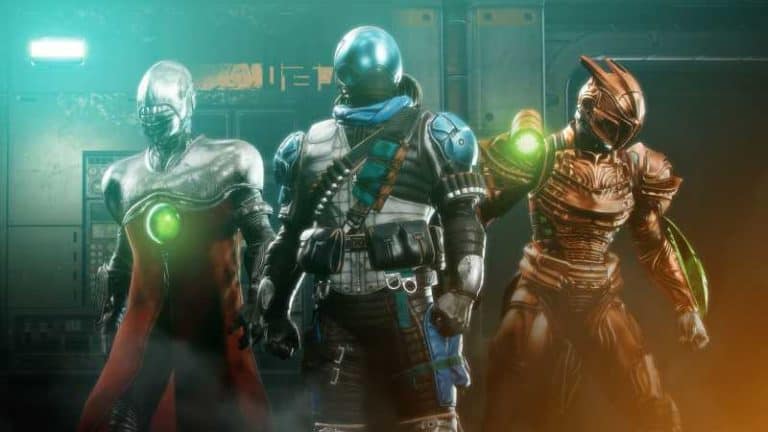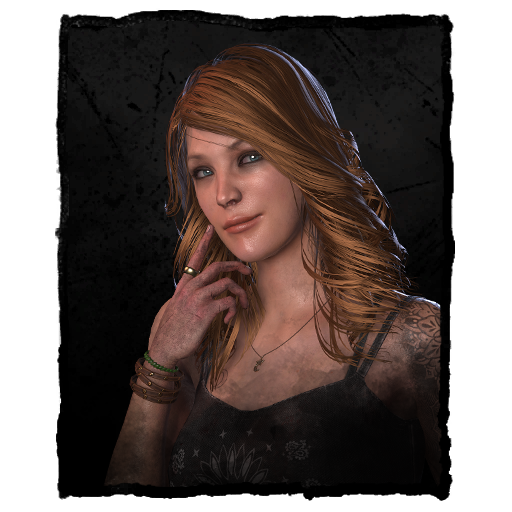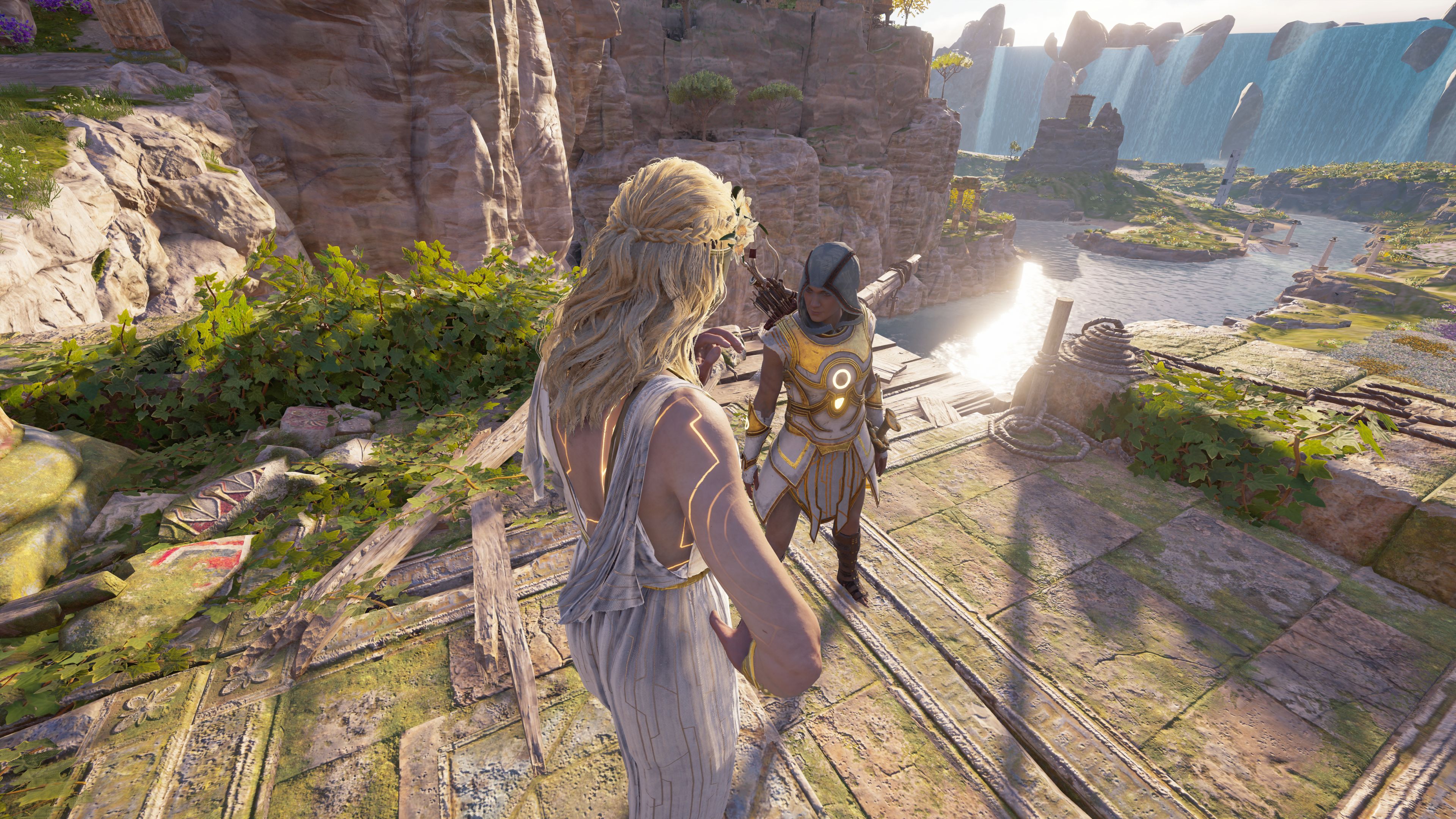


But the journey there was smoothed by fan-favourite characters like Sam and Paulie, who sat in the passenger seats and bantered like school kids. Yes, the Mafia games were powered by solemn lessons: that suits don’t make murderers civilised, and that ‘family’ is a fiction mobsters will dispose of when it suits them. Illusion aped the tone and themes of Scorsese and Coppola, tracing a familiar arc from postwar poverty to respect and riches, and the ultimate realisation that there’s no clean retirement from a career in organised crime. It was a habit that left the very pinnacle of cinema wide open for a group of Czech developers to colonise. Whether through sheer love of b-movies, or an inferiority complex that infected the entire medium, game writers actively chased the lowbrow-producing protagonists who were, by design, broad shouldered one-liner dispensers. It’s easy to forget now, in an era when action games are tapped for HBO adaptations, that the genre once eschewed prestige drama. Illusion clearly relished the period setting-history filtered through the romantic lens of Classical Hollywood-and carried that approach forward to its defining series: Mafia. Hidden & Dangerous 2’s campaign even boasted a fantastic Spielberg-esque score, which seemed to mimic the flutters and thuds of a stressed heart.

The studio had a knack for capturing the clichés of Sunday afternoon black-and-white dad telly-the mission briefings delivered in Received Pronunciation, and stiff-lipped British officers who used ‘chaps’ as a catch-all codename in radio communication. What turned out to be Illusion Softworks’ calling card, though, was its palpable love of cinema.


 0 kommentar(er)
0 kommentar(er)
